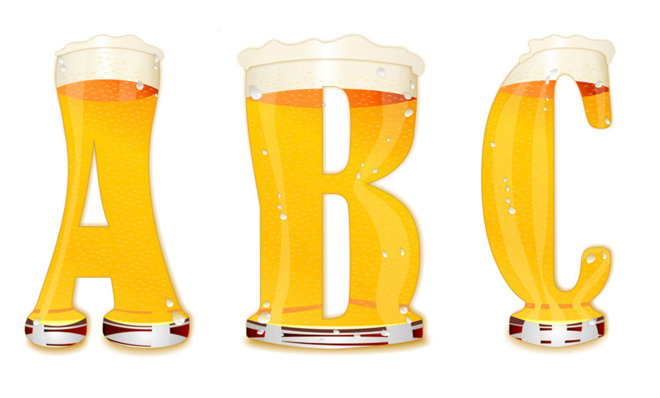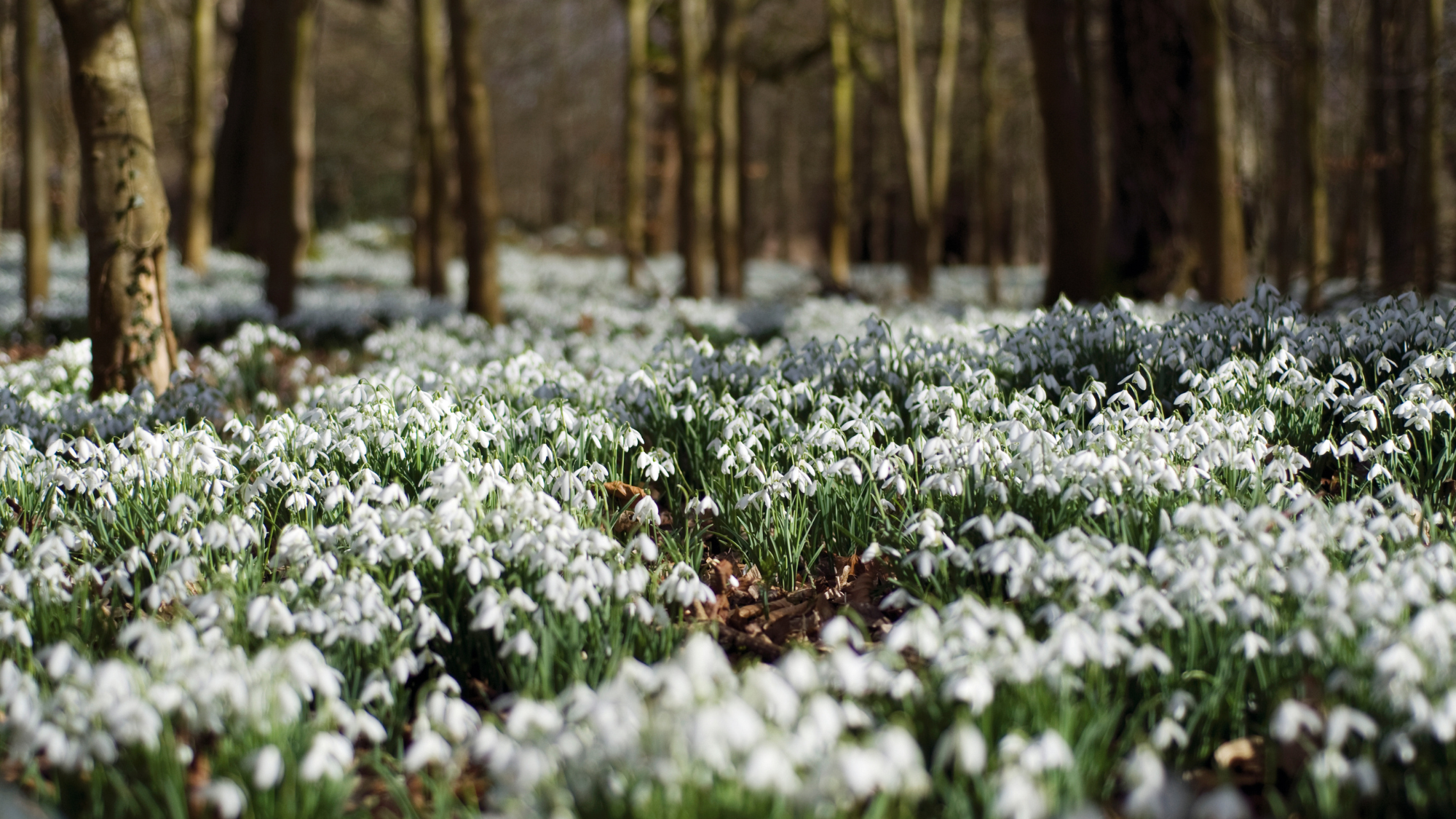The Belgian plan to give beer to schoolchildren
It does a body good?

A free daily email with the biggest news stories of the day – and the best features from TheWeek.com
You are now subscribed
Your newsletter sign-up was successful

In 2001, Belgian schools waged a new front in the war against childhood obesity. In an effort to keep kids away from sugary drinks, a plan emerged to swap soda and lemonade for a healthy alternative: beer.
In this unique scheme, the school would serve up a relatively weak brew called tafelbier, which contains 1.5-2.5 percent alcohol (a regular Budweiser has 5.5 percent). Kids would choose between lager and bitter. The brewsky came in 25 or 33 centiliter bottles — a bit less than the amount of beer in standard 12-oz cans.
(More from Mental Floss: What happened to the passenger pigeon)
The Week
Escape your echo chamber. Get the facts behind the news, plus analysis from multiple perspectives.

Sign up for The Week's Free Newsletters
From our morning news briefing to a weekly Good News Newsletter, get the best of The Week delivered directly to your inbox.
From our morning news briefing to a weekly Good News Newsletter, get the best of The Week delivered directly to your inbox.
The plan was the brainchild of a Belgian beer society, the Limburg Beer Friends. The club's president, Rony Langenaeken, came up with the idea after hearing about a Belgian study linking childhood consumption of sugary drinks to obesity and breast cancer. At the time, Langenaeken told reporters, "It's good for their figure and very healthy as well."
The program was aimed at kids from ages 3 to 15. While some adults expressed concern at the idea of 5-year-olds chugging cold ones at lunch, Langenaeken tried to assure skeptics that kids wouldn't actually get drunk off such small portions. "Beer is for the whole family," he said. "I used to drink it when I was just 6 years old."
(More from Mental Floss: 15 outlandish chicken varieties)
The Lagere Gemengde School in Hasselt decided to give the plan a test-run, and it certainly went over well with students. According to a 2001 story in the Akron Beacon Journal, 75 percent of the pupils surveyed preferred the new brews to other soft drinks.
A free daily email with the biggest news stories of the day – and the best features from TheWeek.com
Last call
While kids were psyched about the suds, parents had a harder time swallowing the idea. "The word 'alcohol' was and is still a difficult notion," said Langenaeken. Some adults were concerned the brews would affect children's concentration in the classroom, making them rowdy or sleepy. Unfortunately for all the 8-year-old Belgian beer enthusiasts, no other schools agreed to test the program, and the idea never caught on.
-
 How corrupt is the UK?
How corrupt is the UK?The Explainer Decline in standards ‘risks becoming a defining feature of our political culture’ as Britain falls to lowest ever score on global index
-
 Best places to find snowdrops in the UK
Best places to find snowdrops in the UKThe Week Recommends The snowdrop season is upon us, with ‘blankets’ of the beautiful bloom signalling that spring is on its way
-
 The 8 best superhero movies of all time
The 8 best superhero movies of all timethe week recommends A genre that now dominates studio filmmaking once struggled to get anyone to take it seriously